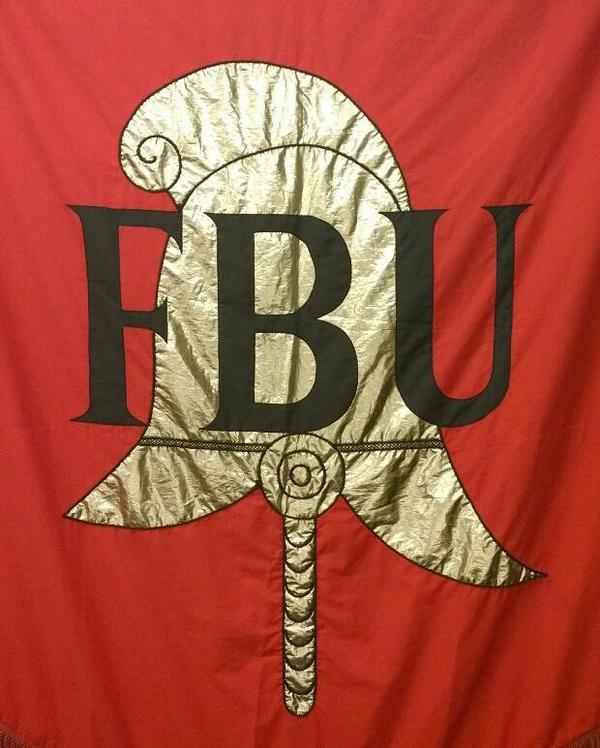IN 2015, the FBU’s annual conference – the parliament of the union – agreed a new policy on canvassing and conduct in internal elections. Before then, any form of written canvassing by candidates or their supporters was expressly prohibited. The new policy ditched this prohibition, meaning that canvassing – verbal and written – would, from that point, be permissible. However, conference agreed that the following strict condition would apply:
“No individual member or official or committee of the union should make use of FBU funds or resources in order to canvass in any election.”
This condition was designed to ensure that the union machine remained impartial in internal elections and that no candidate was able to gain an unfair advantage through having access to union funds and resources (for example, where an official already holding a position, and therefore with access to union funds and resources, was challenged by a member holding no position and therefore with no such access).
Towards the end of 2019, the union’s general secretary was facing a re-election battle. Around this time, the ruling executive council decided to hold a nationwide roadshow on “cuts, pensions and pay”. This roadshow would see the general secretary address mass meetings of members up and down the country.
Intriguingly, the roadshow was timed to commence just days before the general secretary’s re-election campaign got under way and would then run in parallel with that election.
The FBU’s communications department duly publicised the roadshow across social media and in internal union publications. Members were subjected to a stream of photos of a smiling general secretary surrounded by members at mass meetings up and down the country. The roadshow looked like an election campaign in everything but name. (By contrast, the general secretary’s challenger in the election, national officer Sean Starbuck, benefitted from no roadshow and no publicity.)
The timing of the roadshow inevitably raised questions about its true nature and, in particular, whether it was genuinely organised to discuss “cuts, pensions and pay” or instead for the purposes of boosting the general secretary’s re-election bid. The costs of the roadshow presumably ran into thousands of pounds – all paid for out of union funds.
No doubt the FBU leadership would argue that the timing of the roadshow was a pure coincidence. This explanation may, possibly, be true. However, it is seriously undermined by the fact that precisely the same thing happened five years previously when the general secretary was again up for re-election. On that occasion, a nationwide roadshow against cuts – again fronted by the general secretary and heavily publicised on social media and in internal FBU publications – was organised to begin at the very moment election ballot papers were to be dispatched to members’ home addresses. (As it turned out, the general secretary was not ultimately challenged in that election, so no ballot took place – but nobody knew that would be the case when the decision to hold the roadshow was taken.)
On 19 December 2019, the Daily Mirror covered the controversy in its investigations column, declaring that the whole affair “stinks”.
The 2014 and 2019 roadshows are the only such events to have taken place in the recent history of the FBU. To have both of them commence at precisely the time the general secretary was fighting a re-election campaign will inevitably raise members’ suspicions. Perhaps it really was all a remarkable coincidence. Or maybe something else was going on.
There is one thing, however, on which we can be certain: if the leadership was not guilty of breaching union rules, it was definitely guilty of demonstrating appalling judgement. Leaders of our union should not only avoid committing impropriety; they should also avoid giving the impression of having committed impropriety. In this, they plainly failed.
The leadership has in the past disciplined officials for breaching the policy prohibiting the use of union funds and resources for canvassing in elections. Is this a case of “one rule for them and another for everyone else”?
Leaders ultimately do this type of stuff when they think nobody is watching. In the case of the FBU leadership, a lack of proper scrutiny has encouraged complacency and arrogance over many years. They think they can do as they please.
They are no longer fit to lead.

